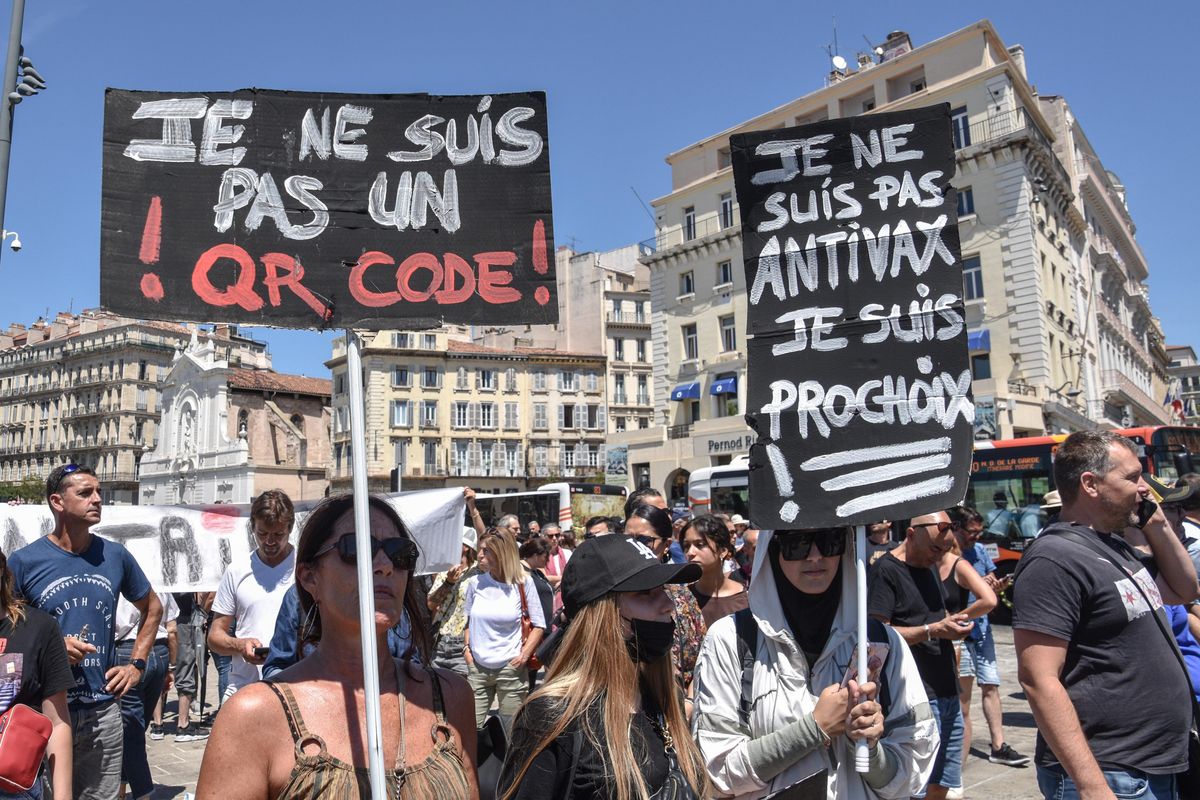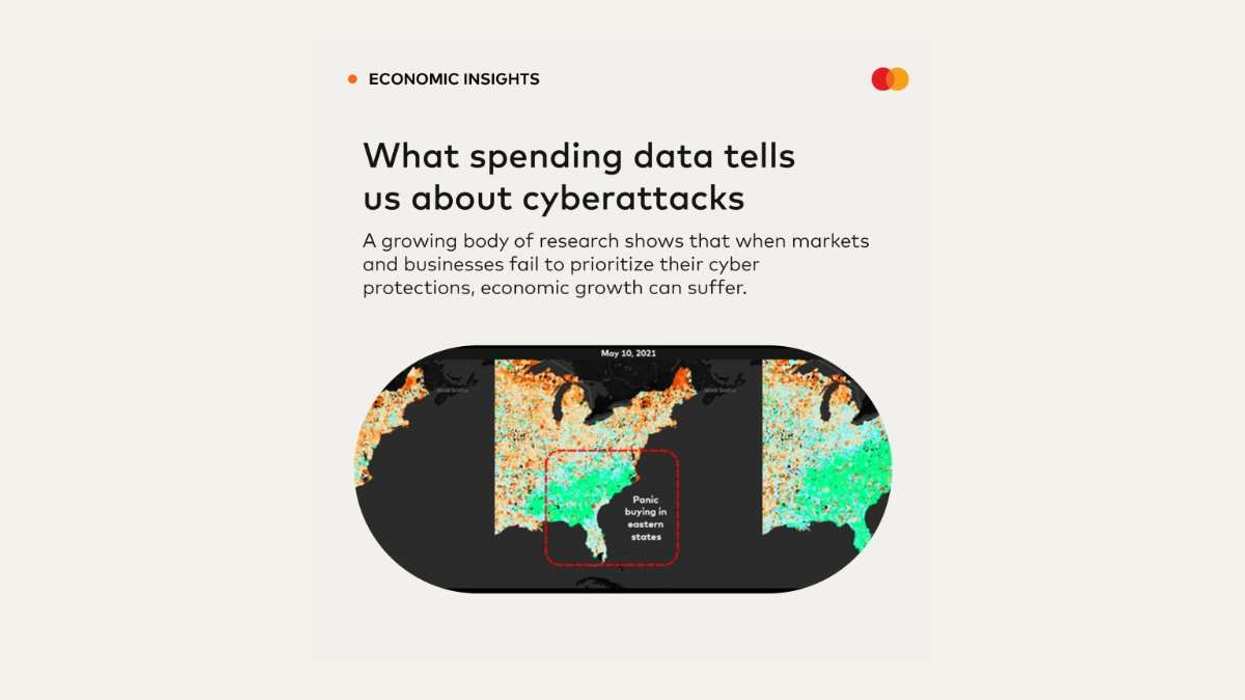"Bonjour," you say, "I'd like a pain au chocolat and – hmm, what are these over here – yes two of these."
"Ahem!" says the Parisian woman behind the counter, arching her brows. "Do you have proof of vaccination? May I see your EU Green pass? If not, au revoir!"
Oui, those are the rules now. French President Emmanuel Macron announced last week that starting in August, people over the age of 12 will need proof of vaccination (or prior infection or negative COVID test) in order to enter restaurants, bars, nightclubs, theaters, theme parks, or long distance trains. Businesses that fail to enforce the measure will be subject to fines.
In other words, in a few weeks' time, it'll be hard to be both French and happy if you're not verifiably vaccinated.
The move, which provoked protests by some 100,000 people, is meant to get ahead of a rising tide of delta variant-driven coronavirus infections in a country where just 40 percent of the adult population is fully vaccinated.
And the French aren't alone. The UK – where two-thirds of adults are fully vaccinated – is taking similar steps. Although the government lifted most restrictions this week, starting in September, you'll need proof-of-vax to enter a nightclub, mate.
The question of how far governments should go in requiring proof of immunity is something we recently examined at national borders, but now it's a question of individual private businesses.
So, what are the best arguments for and against this kind of policy?
The arguments for:
The delta variant doesn't care what you think. Cases have been rising again in a number of countries, including in the United States, driven in part by the particularly contagious new delta variant. While some of these new infections have occurred in fully-vaccinated people, the vast majority of hospitalizations and deaths are among the unvaccinated. More vaccinations means fewer deaths, and fewer deaths is good.
Measures like this seem to work. Within twenty-four hours of Macron's announcement, more than two million French people scrambled to make vaccine appointments. Philosophical debates about liberty and risk come back to earth fast when you can't enjoy a nice verre de Beaujolais.
You don't have a right to a baguette or vodka tonic anyway. While constitutional rights and protections vary widely around the globe, we are unaware of any constitution in the world that guarantees a right to dine out, see a movie, or hop the TGV to Nice. While many constitutions bar discrimination on certain bases – such as race or religion – it's up to courts to decide whether COVID vaccine objectors are, as a group, entitled to those protections and if so, whether that applies to private businesses. (Note that a US Federal judge ruled this week that a state university – that is, a government-funded one – had the right to require vaccinations among its students.)
The arguments against:
Bakers aren't policemen. It's not the job of a maître d, garcon de café, movie ticket puncher, or brasserie bouncer to ensure compliance with rules of this kind… or to handle potentially violent reactions from would-be patrons who object.
Let businesses mind their own business. The pandemic has clobbered the owners and employees of nightclubs, restaurants, stores, museums, and theaters particularly hard. As they try to climb back from that, let them decide what risks they want to take. Some businesses may very well wish to require proof of immunity or mask-wearing. Others may not. But they, like their customers, know best what level of risk is appropriate for them.
Don't coerce people to do things to their bodies. Despite the efficacy of the vaccines, many people do not want to take them at least until the shots have moved beyond "emergency authorization" stage. While it's true that no one has a right to a movie theater or a bar, restrictions on such common diversions and activities amount to coercion. So long as everyone who wants a COVID vaccine can get one, leave the rest of us to make our own choices – you are safe, right?
Tell us what you think: How should governments handle the question of vaccine requirements for private businesses? Let us know here.
CORRECTION: The original version of this piece stated that the EU Green Pass would enable governments to track people's movements when it is presented for inspection by businesses in France. This is incorrect. The centralized system would have information about people's COVID status, but the pass itself is passive – meaning it is simply looked at and verified by businesses. No data is transmitted. There are broader privacy concerns about the Green Pass as such -- particularly when it is used to cross national borders within the EU -- but that is beyond the focus of the piece, which is narrowly about requiring businesses to demand proof of vaccination. We regret the error.



















